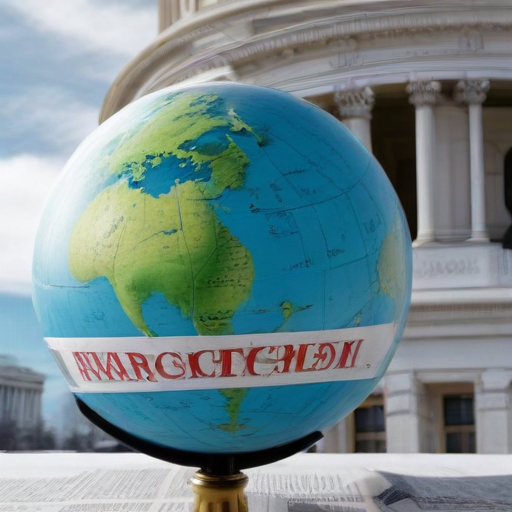President-elect Donald Trump has revived his interest in U.S. ownership of Greenland, declaring it essential for national security. He emphasized this point while announcing Ken Howery, a co-founder of PayPal, as his ambassador to Denmark. Trump referred to Greenland’s ownership as an “absolute necessity” for U.S. interests worldwide.
However, Greenland’s Prime Minister Mute Egede immediately countered this notion, asserting on social media that Greenland is not for sale and stressing the territory’s ongoing struggle for freedom. He urged the importance of cooperation and trade with nations globally, especially neighboring ones.
During Trump’s first term, he attempted to negotiate the purchase of Greenland, which Denmark’s Prime Minister Mette Frederiksen dismissed as “absurd.” Following Trump’s recent comments, the Danish government affirmed its commitment to collaboration with the U.S., reinforcing Egede’s stance that Greenland remains off the market yet open to partnerships.
Historically, the U.S. has shown interest in Greenland due to its vast mineral resources, including rare earth elements and other valuable materials. The previous administration allocated $12 million for Greenland’s economic development and reestablished a consulate there. The U.S. also maintains its northernmost military base, Pituffik Space Base, on the island.
Ken Howery, upon his appointment, expressed his gratitude for the opportunity to represent the U.S. in Denmark and Greenland, emphasizing his commitment to diplomacy as a means to strengthen international ties.
In summary, while Trump’s ambitions regarding Greenland have reignited discussions about international security and resource management, the responses from Greenland’s leadership highlight the territory’s desire for autonomy. This underscores the necessity for constructive dialogue between allies on global security matters, especially in a rapidly changing geopolitical landscape.
This situation illustrates the dynamics of international relations, where interests must be balanced with respect for sovereignty. The emphasis on cooperation can pave the way for mutually beneficial partnerships rather than territorial ambitions, potentially fostering greater stability in the Arctic region.
